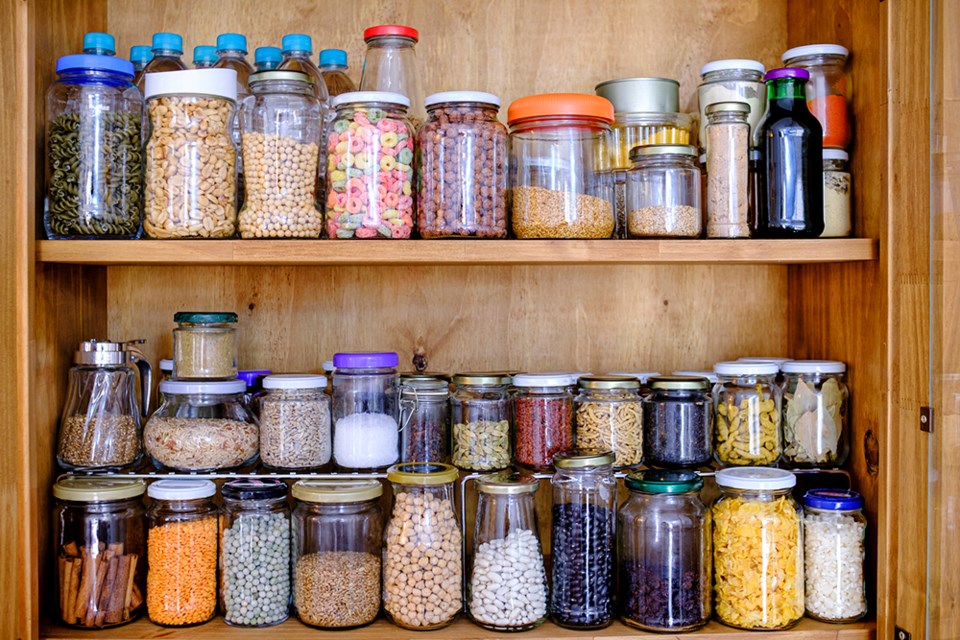As we survey the news and take in recent headlines, we are reminded of humanity’s vulnerability.
Relentless rains brought floods and landslides, but that wasn’t all. Highways connecting us to supply chains have been affected, leaving us feeling even more remote than we may have already.
Some of us are beginning to connect the dots and are seeing that locally made and distributed resources are to be treasured. What’s more, we are waking up to the truth that relying on our credit cards and delivery trucks rather than our community and skill set could prove a risky move in the days to come.
It does feel, at times, that we are like the frog in tepid water that is on an ever-warming element, unaware. Even as we encounter inflating prices at the checkout, a “weirding” climate and rapidly depleting oil supplies, we may still live as though everything is normal.
We are generally not motivated to change the way we think or live until the wake-up call shouts directly into our ears. Minor disruptions in accessing supplies or inching increases in gas prices at the pump may not be enough.
There is, however, always a tipping point when we feel the cumulative stressors landing at our doorstep. If this is inevitable, wouldn’t it prove best to prepare now than to panic later?
Preparing for shifting food supplies, for instance, looks very different than panic-shopping at the first signs of emptying shelves. The former stance invites seed saving, growing a vegetable garden, learning to wildcraft safely, preserving food, sharing recipes and garden know-how, cooking seasonal meals, and even questioning the amount of food we are consuming.
The latter is, in contrast, shortsighted, creates a spirit of competition rather than collaboration, and does not address the foundational reasons that are creating the food shortages in the first place.
Beyond food, we can even evaluate how we might be taking for granted other systems that manage resources. Last week, transportation corridors in BC were shut down due to weather events and this has put the recycling of glass and foam packaging temporarily on pause. Recycling depots are often unable to store large quantities of materials coming in, as is Recycle BC, the nonprofit responsible for delivering household recyclables collected from depots and curbsides to recycling processors.
How fragile are the systems that manage our waste and recycling? Could we reduce the pressure on these systems with less resource extraction in the first place? How might we reuse items in our recycling so they are no longer single use?
If nothing else, the past few years have taught us to expect the unexpected. Nature plans for the unexpected by having decentralized sources for its basic needs. For instance, rather than relying on a single source for food, water or wellness, animals that prove most resilient have multiple sources.
We can plan for resilience by mimicking nature’s ways. Basic needs such as clean water, nourishing food, immune health and warmth should have more than one source. Beyond this there are considerations like power sources and tools for communication.
Lest we get overwhelmed at where to start, good advice is to take the next right step. Focus on what is most important to you and your household.
Becoming more resilient and thus able to provide for your own needs and those of your community often means careful consideration of where our relied on resources are coming from. Local and simple are excellent guide posts on the journey to resiliency.
Let’s Talk Trash is qathet Regional District’s waste-reduction education program. For more information, email [email protected] or go to LetsTalkTrash.ca.



